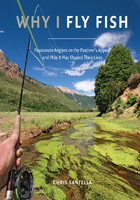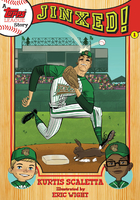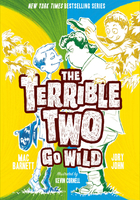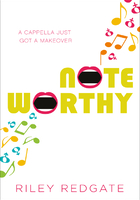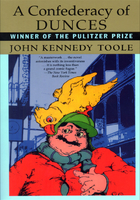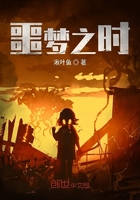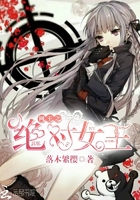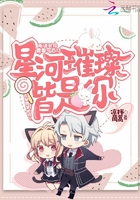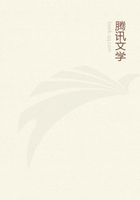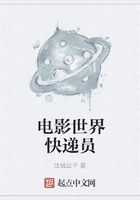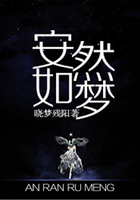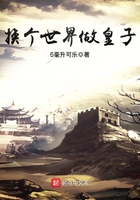INTRODUCTION
"Education must come into its own. It must
become the conscious agent for building a better world.
It must be true to its high mission."
-Marietta Johnson
IN THE SUMMER OF 1907, Marietta Johnson, a teacher from St. Paul, Minnesota, accepted an invitation to start a school on the eastern shore of Mobile Bay in the town of Fairhope, Alabama. Having lived in the town earlier in the decade, locals recognized her for her progressive vision for education, and the Comings family offered her 25 dollars per month to establish and lead a school. Johnson was a proponent of the child development theories espoused by pediatrician Nathaniel Oppenheim and education reformer John Dewey, and the offer to start a school was her chance to test new ways of relating and acting with children. "Six children came the first day," she wrote later, "and I did not know what to do."[1]
Fairhope was the perfect place for an educational experiment, since the entire town was an experiment in economics and community. In 1894, a group of citizens from Des Moines, Iowa-followers of the economic theories of Henry George-founded a colony based on cooperative individualism and a "single-tax," which prevented land speculation and allowed individuals to become shareholders of the corporation that owned and managed the land. After looking all over the United States for a destination, they chose Alabama's eastern shore because they saw a "fair hope of success." The Comings chose Marietta Johnson to begin a new school for the very same reason. Both the single-tax corporation of Fairhope and the Organic School of Education still remain.
Johnson built the school's philosophy and practice around some commitments and concerns that she felt were missing from traditional forms of education. She felt traditional education focused on acquiring knowledge and developing skills at the expense of children's cognitive and emotional development. The system of rewards and punishment defied a proper understanding of human development, in her opinion, and she preferred an "organic" method, one that assumed children were born to learn and that the teacher facilitates individual learning through creative experiences. There would be no tests or grades. Classes would be small. Experience would be primary. John and Evelyn Dewey highlighted the school in 1915 in their book Schools of Tomorrow,[2] even using a photo of students taking "a test with books open" for the frontispiece.
Living Democracy is an experiment born out of the same concerns for education held valuable by Marietta Johnson and countless others who have sought new and different ways of getting the work of education done. Many people in the United States and around the world, for example, lament the fact that higher education seems to focus more and more on skills education, which prepares students for a job, but reduces the opportunity for students to become well-rounded individuals. Others are concerned that the cult of professionalism has crowded out opportunities and expectations related to active citizenship by developing narrowly focused majors for fields that offer the most financially rewarding careers. Some folks at big research universities complain that the tenure-track profession rewards those who contribute to a field of scholarship while neglecting those who contribute in substantial ways to the lives and careers of students and the communities that prepared them. Living Democracy is, in part, a response to these concerns.
The chapters that follow outline and describe our journey over the last several years and, hopefully, honor the work of students and community members who have made, and continue to make, the journey with us. Chapter One, "From Service to Something Else," provides context for higher education, the fountain of ideas and experiences within which this project has been situated. Chapter Two, "Summary of an Experiment," provides the nuts and bolts of the project to date, including the opportunities and expectations of students as they participate. Chapter Three, "'Community' Is Connections and Connectivity," looks at the importance of relationships, both harmonious and contentious. Chapter Four, "The Problems Are Wicked, but the Hope Is Real," illustrates the real-world challenges citizens face, and the ways in which students have an opportunity to experience the tension of tough decisions. Chapter Five, "Earning a Good Grade in Life," discusses what students report as the benefits of the living-learning experience in communities.
All human effort-no matter how objective and scientific it claims to be-is part autobiography. My colleague Nan Fairley, associate professor of journalism at Auburn University, and I are reluctant to include our own stories in this book, not because we claim the writing to be objective or scientific, but because university work already has enough hubris and contrived self-importance without a contribution from the two of us. But the journey with students and communities has affected us in professional and personal ways, and since we require critical self-reflection of our students, we seem obliged to do the same. I offer my thoughts as introduction; Nan provides hers as conclusion.
I am a twelve-month employee in the College of Liberal Arts at Auburn University, a land-grant university in Alabama. For nearly ten years, I have worked in an "outreach" capacity, organizing public programs in the arts and humanities with partners from around the state. I am not a tenure-track faculty in a department, but I teach classes in a minor program for community and civic engagement.
As a doctoral student in history at Auburn University in 2001, I found myself in need of something productive to do over the summer, since graduate assistantships were few during those months, and because I wanted to gain some valuable experience somewhere, in some way. I landed in rural Alabama that summer-Perry County-working as the first intern for a new, small nonprofit organization called Sowing Seeds of Hope. Some progressive Baptists and others founded the organization to make a long-term commitment to the county, which happened to be where several Baptist institutions were born, and where population decline and persistent poverty are the narratives that shape the county and region.
The organization had a grant for work related to literacy, and my job was to hold as many conversations as possible, with as many people as possible, and spend the money in the best way possible. It was a dream assignment and summer. The whirlwind of activity culminated in the renovation of an abandoned bank building into a new home for the public library in Uniontown, a project that brought together a state agency, city and council governments, private funders, and the hands of many people inside and outside of the community. There was no script for the summer, only conversations that led to stops and starts and the gathering together of people who identified assets that might reach their full potential with a little cooperation and a lot of sweat.
I learned much about myself that summer, and about the people of the state where I was born and have lived the majority of my life. Despite the things that often separate us as humans-race, class, gender, and so forth-honest conversation can reveal some things we all hold valuable, such as freedom, security, and commitment to the future while respecting the past. But sometimes the things we hold valuable are in tension with each other, and we have to work through the trade-offs and consequences that are present in order to make a sound decision. This is the work of democracy, which means it's the work of citizens.
Marietta Johnson hoped education would "come into its own" by becoming a "conscious agent for building a better world."[3] Most universities seek to do that through technological or human research, or by producing graduates who will compete and work as professionals in a discipline or field. But professionals cannot build a better world on their own-some might say, not at all. Private citizens who become public actors through shared experiences will make a better world. College students deserve and benefit from a chance to live and learn democracy in real places and spaces, especially among the Marietta Johnsons in towns across the state of Alabama.
Mark Wilson
Director of Civic Learning Initiatives
College of Liberal Arts
Auburn University

